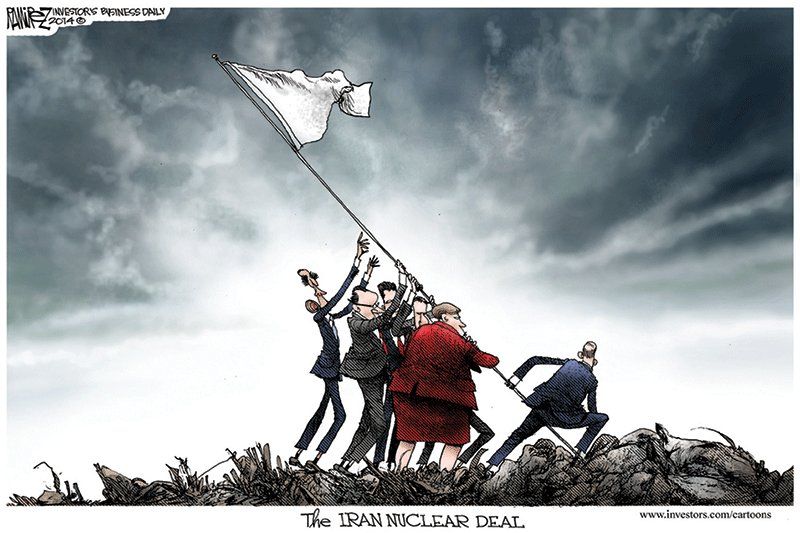And, yet, the Israelis are becoming more and more prolific in their technological and economic productions.
Yosef Hartuv - who Facebook tells me recently had a birthday - is the owner / operator of Love of the Land. Yosef and his wife, Melody, live in Hebron. The pro-Jewish / pro-Israel blogosphere - Judeosphere? - is a small place. If you spend some time talking with people you find that you come to know most everyone within a reasonable short order.
All I want to do on this fine Sunday morning, however, is introduce you guys to Yosef and encourage you to drop by Love of the Land.
I am someone who - after much rending of cloth and gnashing of teeth - came to the conclusion that we must support our brothers and sisters who live in Judea and Samaria. This does not preclude the possibility of an Arab state on some of that small bit of land. What it means is that Jews should be allowed rights to property on the land that Jewish people come from.
And, please, what could be more historically Jewish than Hebron, for Chrissake?
Yosef tells us this:
I visited Hevron in November 2000 after the outbreak of the Rosh Hashanah War to see what could be done to assist in the face of the growing daily attacks on the community. After returning to work for the community in the summer of 2001, a bond and a love was forged that grows to this day. My wife Melody and I merited to be married at Ma'arat HaMachpela and now host visitors from throughout the world every Shabbat as well as during the week. Our goal, "Time to come Home!"According to Wikipedia, Hebron contains between 175,000 and 250,000 Palestinian-Arabs and somewhere between 500 and 850 Jews. Yosef and Melody are two of those Jews.
One mistake that I believe that we have tended to make as a people is in the tendency to scorn the so-called "settlers" who are merely Jewish people living on the very land that Jews come from. Some argue that these people are somehow an impediment to peace, but this only so if we buy into the racist idea, put forward by people like Mahmoud Abbas and Barack Obama, that Jews should be allowed to live in certain places but not others.
Hebron, of course, is the city of Abraham and this makes it the site of ongoing Jewish habitation stretching into antiquity. There is, in fact, no place on this earth in which Jewish people have more legitimacy for building a community and a home then in the ancient Jewish city of Hebron.
This being the case, all I want to do this morning is wish Yosef and Melody nothing but the best in this world and I very much hope that the Jewish community in Hebron is safe and thriving.
From my perspective, all the land from the river to the sea is Jewish land, just as all the land that comprises France is French land. It is a small bit of land, but certainly no other people have a greater claim to Judea and Samaria then the Jewish people. We need not be greedy, however, and should be willing to share our historical homeland with with the neighbors, if they care to live in peace. But whether they do wish to live in peace, or whether they do not, no one is going to tell me that there are places on that land where Jews should be forbidden from living.
No one is going to tell me that Yosef and Melody have no rights, or should have no rights, to live in Hebron.
The world is a very big place and the Jews are a tiny population, but there are only a few places on the planet where one can live openly as a Jew. I live in northern California and am, therefore, blessed to be living in one of those places. Sure, San Francisco State University might make the unconscionably stupid decision to partner with a university wherein they celebrate the murder of Jews, but it's not as if a Jew would likely get attacked walking through that campus.
Yosef and Melody, however, live in a place where it should be an honor for a Jewish person to live.
I think that they should be proud and that they should have the right to expect some support from the diaspora communities. What we should not be doing, however, is denigrating Jews who choose to live beyond the "green line" any more than we would denigrate, say, Rosicrucians who choose to live in Walla Walla, Washington, or Presbyterians who choose to purchase land in Katmandu, Nepal.
When we do so we are justifying bigotry against our own people and that is never a good idea.
So, it is in that spirit that I wish Yosef a very joyous belated birthday and nothing but happiness and success for both him and Melody.
Greetings from the other side of the planet, my friends.
Peace to you, please.
Michael Lumish is a blogger at the Israel Thrives blog as well as a regular contributor/blogger at Times of Israel and Jews Down Under.

 Elder of Ziyon
Elder of Ziyon





























